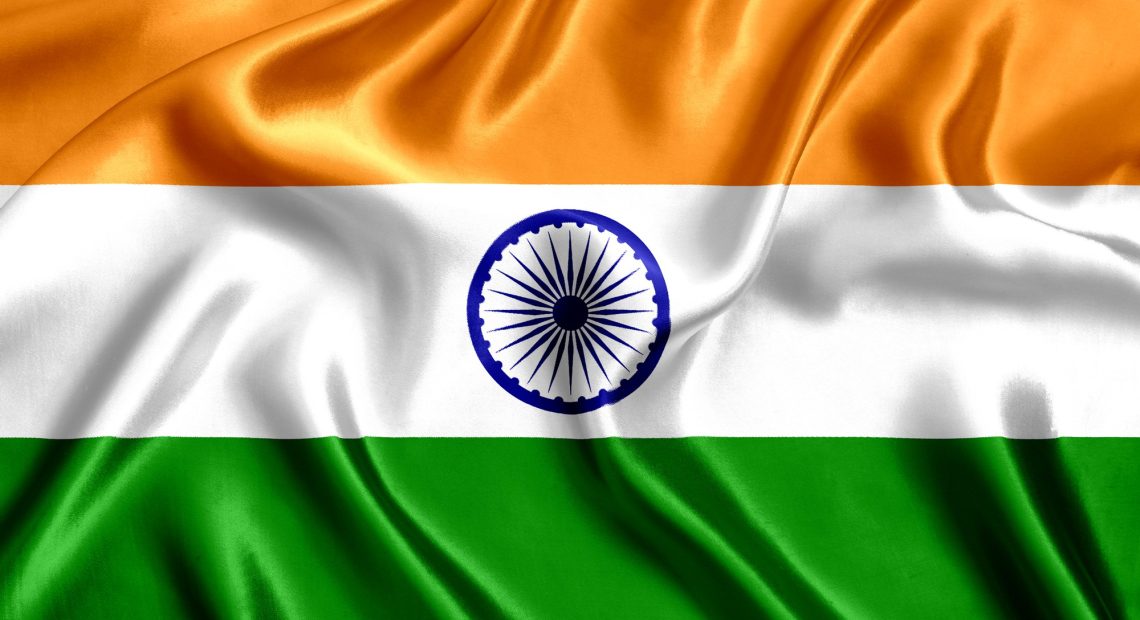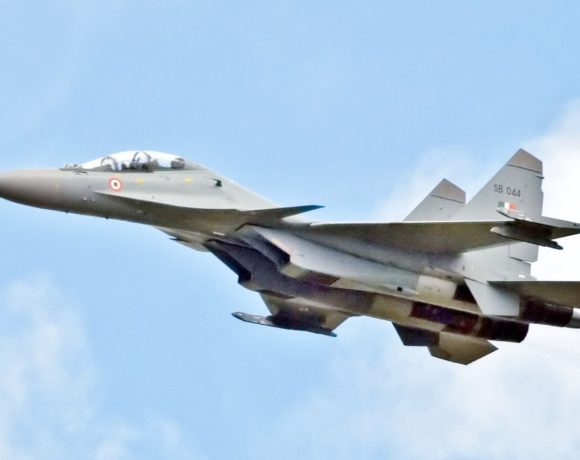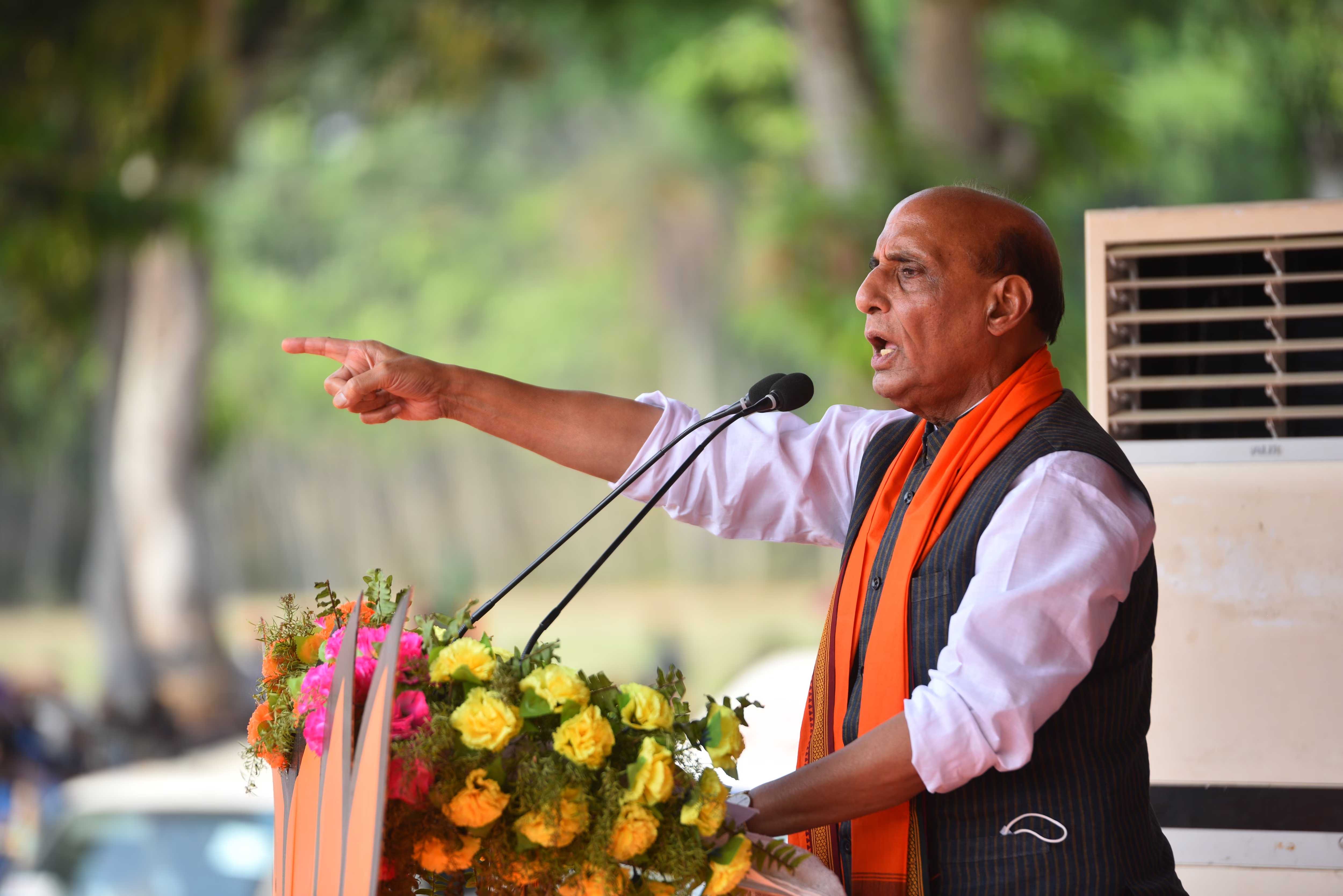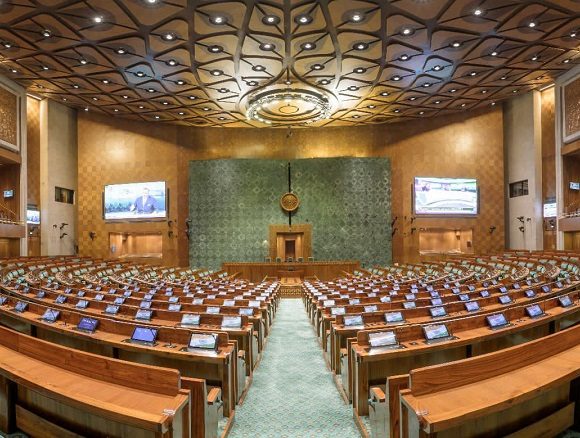
India Briefs UN Security Council on Operation Sindoor
India has formally briefed envoys of both permanent and non-permanent members of the United Nations Security Council (UNSC) on the details, scope, and rationale behind Operation Sindoor, its recent precision military offensive targeting terror infrastructure in Pakistan and Pakistan-occupied Kashmir. The only country excluded from the briefing was Pakistan.
Representatives from the five permanent members of the UNSC — the United States, United Kingdom, France, Russia, and China — were present during the briefing. In addition, nine of the ten non-permanent members — Algeria, Denmark, Greece, Guyana, Panama, Republic of Korea, Sierra Leone, Slovenia, and Somalia — were also included. The move is being seen as a strategic diplomatic effort to convey India’s side of the story before misinformation could gain traction at the global level.
The briefing comes in the backdrop of India’s retaliation for the April 22 Pahalgam terror attack, in which 26 civilians were killed. Operation Sindoor targeted nine terrorist camps that India claims were used by Pakistan-based groups like Lashkar-e-Taiba, Jaish-e-Mohammed, and Hizbul Mujahideen. India has maintained that the action was non-escalatory and aimed solely at neutralizing terrorist infrastructure, carefully avoiding Pakistani military assets.
Strategic Diplomacy to Build Global Consensus
By proactively engaging with the UNSC, India seeks to reinforce its position that the operation was an act of legitimate self-defense in accordance with international law. The briefing highlighted the complex network of terror infrastructure across the border, its links to past attacks like the 26/11 Mumbai massacre, and the growing threat posed by state-backed terror groups.
Diplomatic sources suggest that India’s objective is to secure broader international support, especially as it faces criticism from a few quarters. The briefing also underscored India’s long-standing call for global zero tolerance toward terrorism, and the need for the UNSC to take a consistent approach to cross-border terrorism.
While China attended the briefing, its stance remains cautious, given its alliance with Pakistan. The rest of the P5 nations have urged de-escalation but have largely refrained from direct criticism of India’s actions.
India’s diplomatic outreach marks a shift in its global engagement strategy — combining military action with swift international communication to shape the narrative and avoid diplomatic fallout.


















